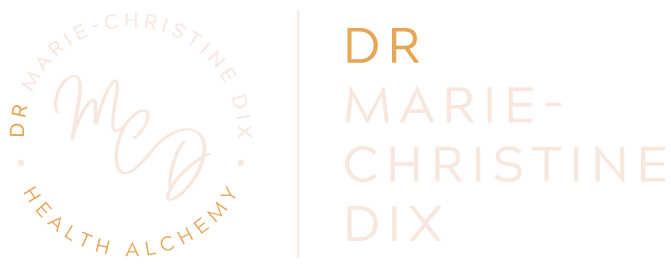The Future of Medicine: Empowered Prevention with Functional Medicine
The Future of Medicine: Empowered Prevention with Functional Medicine
Modern healthcare can be frustrating and inefficient. Long waiting lists, rushed appointments, and high costs can make it difficult to get the care we need. In many cases, we only visit our healthcare provider when we're already feeling unwell, which means we're on the way to developing some type of illness.
But what if we could change the way we approach healthcare? What if we could empower ourselves to take charge of our health and prevent illness before it takes hold?
This is where functional medicine comes in. Functional medicine focuses on identifying and addressing the root causes of illness, rather than simply treating symptoms. It takes a holistic approach, looking at the whole person, rather than just a specific illness or organ system.
By embracing functional medicine, we can shift our focus from reactive treatment to proactive prevention. Imagine having regular functional medicine check-ups, where you receive a detailed report on how your body is doing, including any potential imbalances or areas of concern!
Here are three examples of how functional medicine can empower prevention:
Michelle is a busy professional who has always struggled with her weight. She decides to book in for a functional medicine check-up, where she discovers that she has insulin resistance and is at risk of developing diabetes. Armed with this knowledge, Michelle is able to make dietary and lifestyle changes that support her body's natural insulin production and avoid the development of diabetes.
Lee has a family history of heart disease and wants to take a proactive approach to his health. He undergoes a comprehensive functional medicine assessment, which reveals that he has high levels of inflammation and elevated cholesterol levels. With this information Lee is able to make dietary changes, take targeted supplements, and engage in regular exercise to support his cardiovascular health.
Emily is in her mid-30s and has a history of anxiety and depression. She decides to try functional medicine after years of traditional treatment have failed to fully address her symptoms. Through a functional medicine assessment, Emily discovers that she has gut dysbiosis and is not producing enough neurotransmitters. With this knowledge, Emily is able to make dietary changes to support her gut and brain health, understand why incorporating specific styles of exercise for her body and using specific targeted supplements help make significant improvements in her symptoms.

